You may feel sick when riding in a car, boat, airplane, or even a train.
If you have motion sickness, you may feel anxious about traveling.
What is motion sickness? When to use medicines?
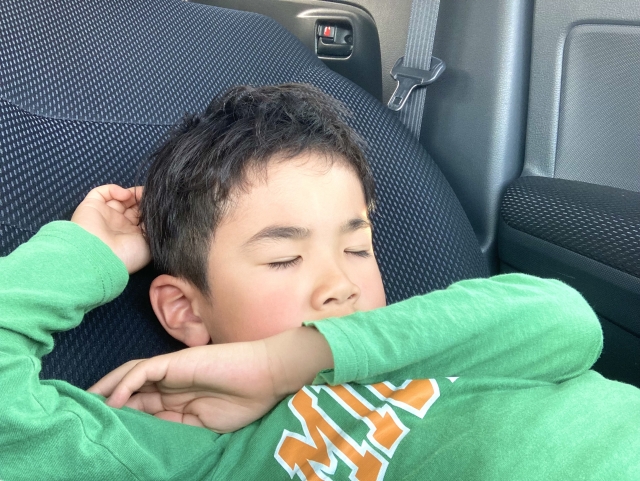
Motion sickness refers to symptoms such as nausea, headache, and dizziness that occur when using transportation such as cars, boats, and airplanes.
These symptoms are thought to be caused by the physical irritation by the vehicle and the discrepancy between vision and the body’s perceived motion.
For many people, motion sickness can make travel and everyday mobility uncomfortable.
Many people experience motion sickness, especially children and those who are less accustomed to riding in vehicles.
Recommended over-the-counter medications are easy to carry and take, and can help reduce nausea and car sickness.
The best time to take motion sickness medication is 30 minutes to 1 hour before departure.
What are the causes of motion sickness?

Many people experience motion sickness, but what are the causes?
Broadly speaking, the two main causes are “mismatch between the body’s sense of balance and vision” and “changes in blood flow to the brain”.
Mismatch between sense of balance and vision
When riding in a vehicle, our body constantly senses swaying and acceleration and sends this information to the brain.
On the other hand, the information we receive from our eyes may not give us the same sense that we are moving.
For example, when reading a book in a car, our vision focuses on the page that is not moving, but the car is actually moving, and this sensory discrepancy can cause motion sickness.
This mismatch between the sense of balance felt by the semicircular canals in the inner ear and the visual information obtained from the eyes is one of the main causes of motion sickness symptoms such as nausea.
Changes in blood flow to the brain
Another cause of motion sickness is changes in blood flow to the brain due to the shaking and acceleration of the vehicle.
When a vehicle is shaking violently, it affects blood flow in the body, which can cause motion sickness symptoms when it reaches the brain.
This change in blood flow can also be caused by mental factors such as anxiety and stress, so one way to reduce motion sickness is to relax .
Understanding these causes and taking an over-the-counter motion sickness medication at the appropriate time before boarding a vehicle is the first step toward a comfortable ride.
How to choose over-the-counter medicine for motion sickness

Motion sickness is an unpleasant symptom that many people experience during long-distance travel.
Over-the-counter anti-motion sickness medications can be expected to reduce nausea and dizziness, mainly by working on the inner ear.
If you are planning to travel or take a business trip for a long period of time, choosing the right over-the-counter medication will support a comfortable trip.
How to Select Over-the-Counter Medication
When choosing an over-the-counter medication for motion sickness, several points should be considered.
First, whether the drug can be used by children, whether it causes drowsiness after administration, and its ease of administration (chewable type, capsule type, etc.) are also important factors to consider when narrowing down your options.
These products are used by many people and are widely recognized for their effectiveness and safety.
Three recommended over-the-counter anti-sickness medicines

Aneron “Niscap” 10 cap
Can be taken at ages 15 and older.
Take once daily.
| Effective | Ingredient | Amount |
| Suppresses the excitation of the vomiting center and relieves symptoms such as nausea and dizziness. | Pheniramine maleate | 30mg |
| Suppresses the excitation of autonomic nerves and relieves symptoms such as nausea and dizziness. | Scopolamine hydrobromide hydrate | 0.2mg |
| Supplements depleted vitamins and relieves nausea caused by motion sickness. | Pyridoxine hydrochloride (vitamin B₆) | 5mg |
| Relieves dizziness and headache associated with motion sickness. | Caffeine Anhydrous | 20mg |
| Acts directly on the stomach to reduce nausea. | Ethyl aminobenzoate | 50mg |
Anaeron “Niscap”, which prevents and alleviates the unpleasant symptoms of motion sickness, is trusted by many for its immediate and long-lasting effects.
Not only does one capsule taken once a day have a long-lasting effect, but the five active ingredients are also very effective and work directly on the stomach to produce an excellent effect on nausea caused by motion sickness.
Although it is an over-the-counter medication, its effectiveness is proven, and it is very useful for long-distance travel and trips.
- Do not use with other motion sickness medicines as well as cold medicines, antipyretic analgesics, sedatives, antitussive expectorants, gastrointestinal analgesics, spasmolytics, rhinitis medicines, allergy medicines, etc., as their ingredients may overlap.
- May cause drowsiness after taking.
- Symptoms may be aggravated in those with an enlarged prostate or a history of angle-closure glaucoma.
Travelmin Family 6 tablets
Can be taken from age 5.
| Age | Dose | Dose frequency |
| Adult (15 years and older) | 2 tablets | 2 doses at least 4 hours apart |
| Children 11 to 14 years old | 2 tablets | 2 doses at least 4 hours apart |
| 5 to 10 years old | 1 tablet | 2 doses at least 4 hours apart |
| Effective | Ingredient | Amount |
|---|---|---|
| Suppresses abnormal excitation of the autonomic nervous system and the vomiting center | Meclizine hydrochloride | 25mg |
| Reduces sensory confusion caused by vehicles | Scopolamine hydrobromide hydrate | 0.16mg |
”Travelmin Family” is an anti-motion sickness medication especially designed for a wide range of age groups, from children to adults.
For motion sickness accompanied by nausea, it should be taken 30 minutes to an hour before travel to maximize its effectiveness.
Since the ingredients act gently on the body, it is recommended for those who are sensitive to motion sickness or have anxiety about medication.
- Do not use with other motion sickness medicines as well as cold medicines, antipyretic analgesics, sedatives, antitussive expectorants, gastrointestinal analgesics, spasmolytics, rhinitis medicines, allergy medicines, etc., as their ingredients may overlap.
- May cause drowsiness after taking.
- Symptoms may be aggravated in those with an enlarged prostate or a history of angle-closure glaucoma.
Sempakua Petit Berry 10 tablets
Can be taken from 3 years old.
11 years and older: 2 tablets twice a day 3 to 10 years: 1 tablet twice a day Under 3 years: do not take
| Effective | Ingredient | Amount |
| Suppresses the excitation of the vomiting center and relieves symptoms such as nausea and dizziness. | Chlorpheniramine maleate | 2.66mg |
| Suppresses excitation of autonomic nerves and relieves symptoms such as nausea and dizziness. | Scopolamine hydrobromide hydrate | 0.16mg |
”Sempaa Petit Berry” offered by Taisho Pharmaceutical is an anti-motion sickness medicine that is especially popular among young women and children.
It is effective against nausea and headaches caused by motion sickness, and is ideally taken 30 minutes before boarding the train.
- Do not use with other motion sickness medicines as well as cold medicines, antipyretic analgesics, sedatives, antitussive expectorants, gastrointestinal analgesics, spasmolytics, rhinitis medicines, allergy medicines, etc., as their ingredients may overlap.
- May cause drowsiness after taking.
- Symptoms may be aggravated in those with an enlarged prostate or a history of angle-closure glaucoma.
Summary

Unpleasant nausea and dizziness caused by motion sickness are a major problem for many people when traveling.
However, it is possible to effectively prevent motion sickness through the judicious selection and appropriate use of over-the-counter medications.
This article describes the causes of motion sickness, how to prevent it, and recommended over-the-counter medications.
In addition, people who meet certain conditions, such as infants and pregnant women, should consult with a physician or pharmacist before using the drug.
Enjoy a pleasant trip without suffering from motion sickness.
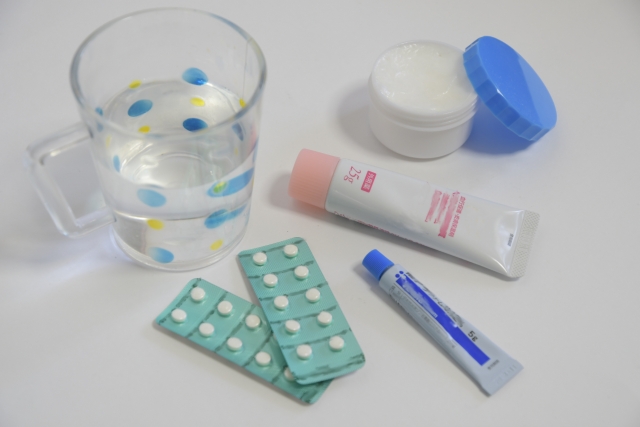


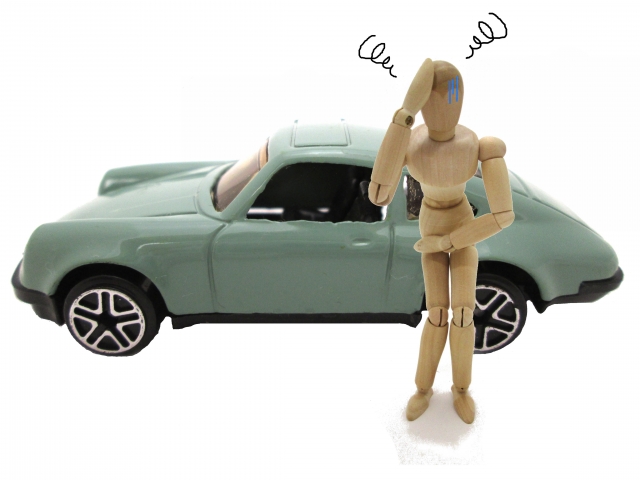
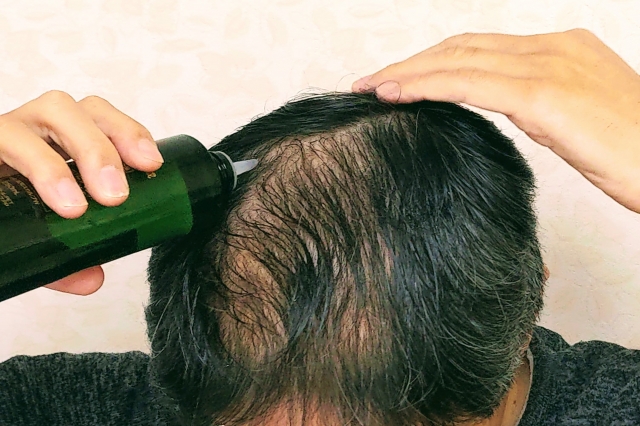
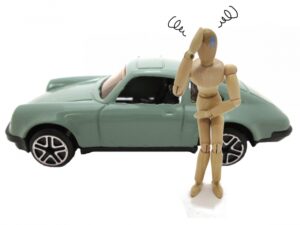
Comments